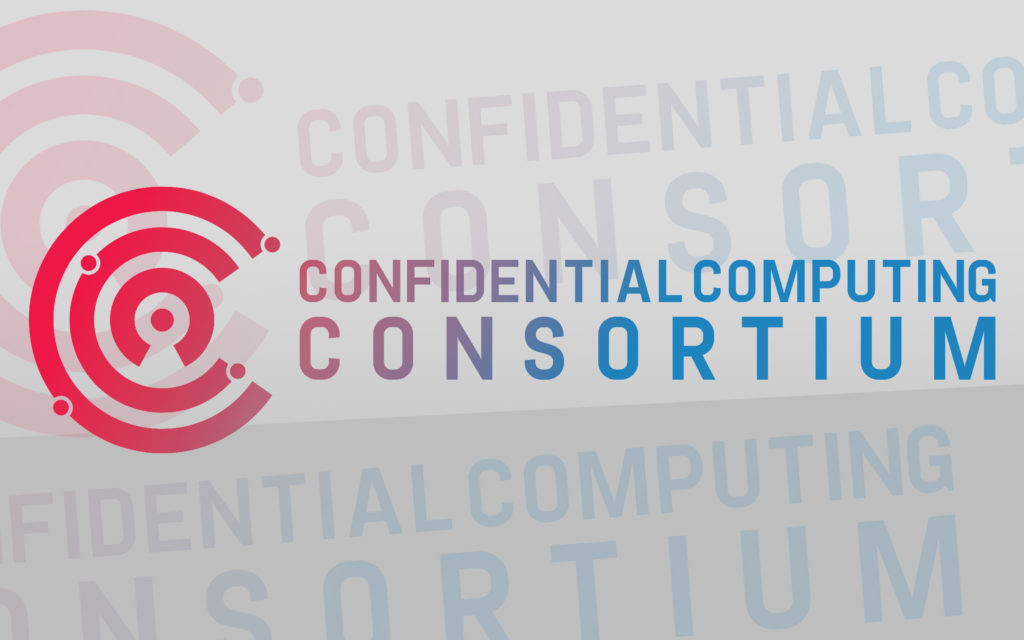on the crypto

The addition of IoTeX members, which takes advantage of the blockchain to protect the Internet of Things, and R3, a corporate blockchain company, almost doubles the number of blockchain companies involved.
TEE technologies
Created in late October 2019, CCC aims to bring together developers to accelerate the use of Trusted Execution Environment (TEE) technologies and standards. A TEE stores code and data away from applications on the main operating system, placing them in a safe position from potential opponents who can access the main operating system.
Within a TEE, unauthorized actors cannot view the data used and cannot modify it. This allows applications and other systems to function without having direct access to large amounts of vulnerable data such as financial or personally identifiable information.
Two cases of immediate use for the CCC
Raullen Chai, IoTex CEO, said there are two immediate use cases where Confidential Computing could have an impact on the privacy of ordinary people.
One is facial recognition in public spaces, an area that is the subject of intense debate and analysis. “Thanks to Confidential Computing, facial recognition processes can be performed within the TEE-based Confidential Computing context, where raw data (people's faces) and a database of cross-references of faces can be analyzed and subsequently forgotten after that governments will have extracted the results of their interest ".
Another area of interest is contact traceability, used to trace the spread of COVID-19 and clinical research on the disease, for example. Chai said that projects such as Google's Project Baseline, which uses users' health and location data to combat COVID-19, are important.
Google Cloud is a member of the CCC. But the project's privacy policy prevents users from deleting health data once they are provided. Blockchain technology offers a coordination mechanism for computers that use TEE, allowing access to data between parties that may not trust each other, such as a consumer and a large company.
A new option for privacy
The U.S. Senate is considering several bills that would attack end-to-end encryption, according to critics, including the EARN IT Act and the 2020 Lawful Access to Encrypted Data Act to which companies must now submit. like Bitcoin system.
At the same time, companies within the United States are discussing how to comply with privacy laws such as the California Privacy Consumer Act (CCPA).
In particular, the CCPA and its international counterpart, or the General Data Protection Regulation of the European Union, one of the most important privacy laws in the world, do not prevent companies from abusing personal data.
They only impose fines and other consequences if this happens. The standards and tools provided by the CCC offer new options to protect private data while it is still "in use".
